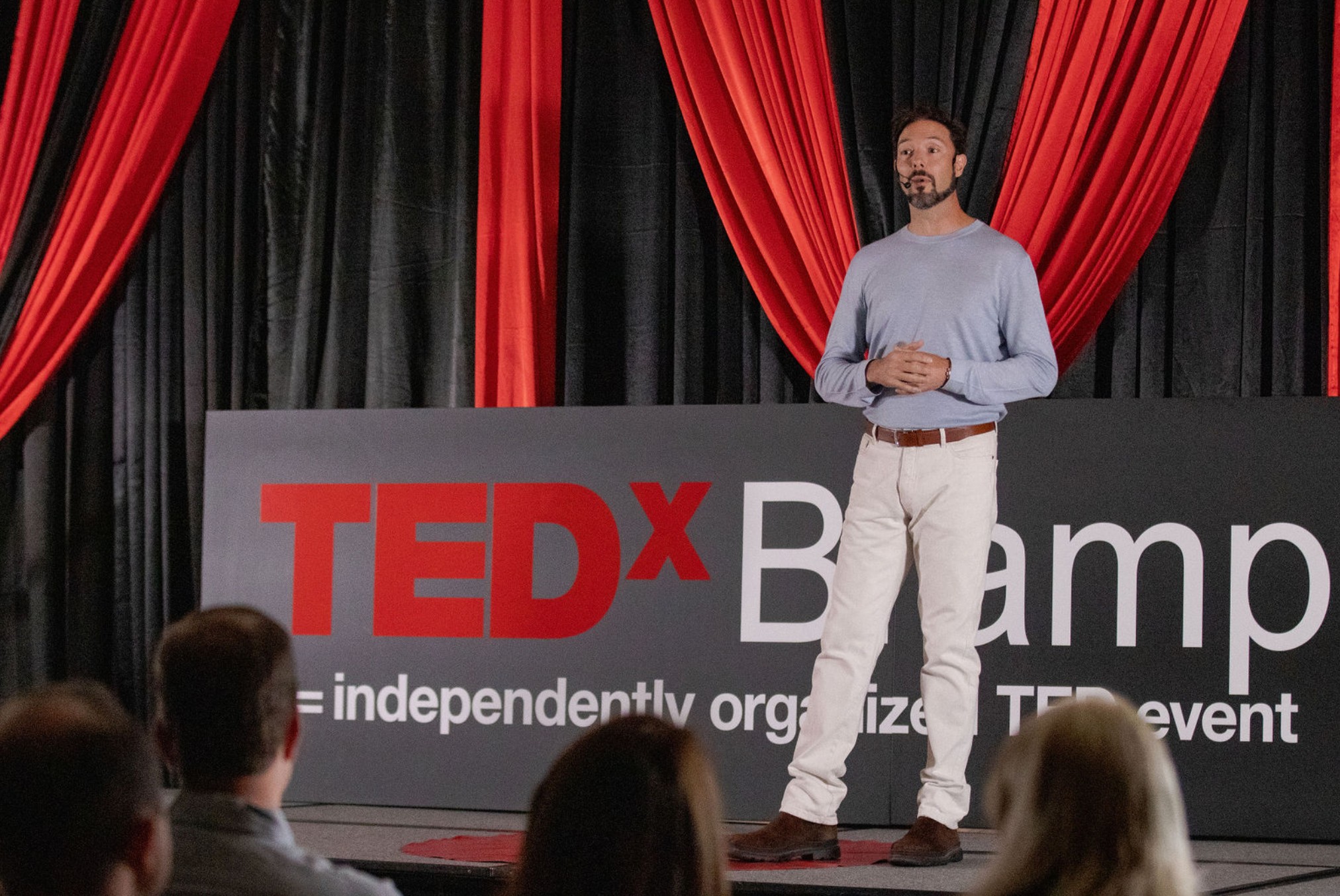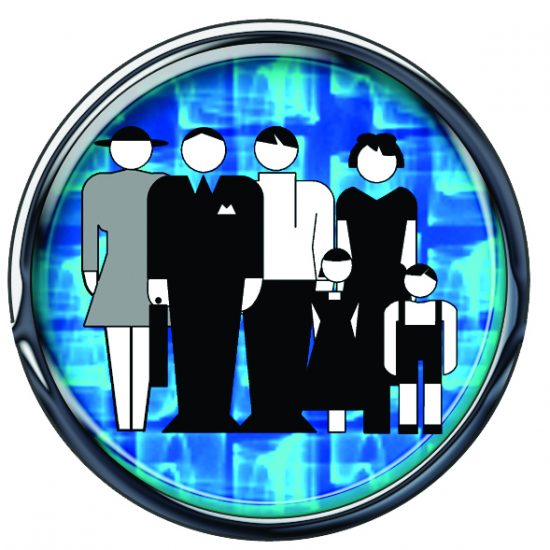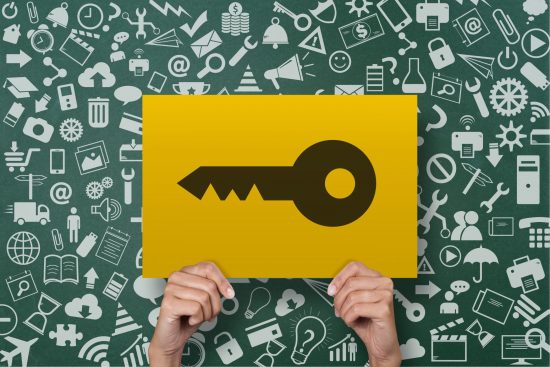“Life is like riding a bicycle; to keep your balance, you must keep moving.”
– Albert Einstein
Remember when you were a child and playing outside was your favorite thing in the world? After the school day, when you couldn’t bear the thought of sitting still for a moment longer and you were finally free to let your imagination roam? Now if you were anything like me, occasionally you enjoyed testing your various physical skills as a child.
How long could you hold on to something, how fast could you run, things of that sort. One of the things I used to enjoy doing was balancing across something narrow. Be it a stick on he ground or a bosu exercise tool, I loved to see how long I could stay upright and keep that elusive but critical center of gravity in that sweet spot. For major bragging rights mind you!
Now here’s something cool: the act of balancing can also be analogized to explain one of the best ways to navigate life. Living a life where the various parts of your body, mind, emotions and environment are in a balance is one of the surest ways to be content and happy.
Intellectually, I’m sure we all acknowledge and understand the need for a balanced life. It’s common sense.
But it’s not common practice.
Today, we’ll explore the subtle ways in which we can live in an unbalanced way and how to course correct.
Let’s jump in!
In nature, if something becomes out of balance with it’s environment, things always seem to be altered, in one way or another, so the balance is restored. This seamless balance of nature was something admired and sought after by ancient philosophers the world over, from the Stoics to the Taoists.
However, we humans can get ourselves in trouble sometimes. We can live or act in a way that is beneficial in the short term, but will do us harm in the long term as we become unbalanced more and more.
Most of the time these imbalances are created unconsciously; we’re trying to resolve a need and we either don’t know or don’t care if the longer term effects are going to destabilize us or the environment in some way. However, the bill will eventually come due. The tricky part is that these effects are somewhat delayed. The effects of eating a poor diet and causing an imbalance might not be obvious for years.
But eventually they can become all you think about.
One of the easiest ways to become unbalanced in our lives is as it relates to how much we move throughout the day. Particularly in our modern world, it’s all too easy to sit for way too long, way too often. Doing this creates muscular imbalances which cause our heroic bodies to quietly try to compensate for the tightening of these muscles by recruiting others to do jobs they weren’t really meant for. And this can cause a downward spiral of poor health.
In the spirit of the axiom, “Use it or lose it”, what we don’t use, weakens over time. But as those things weaken or are removed from the picture, they don’t just leave without changing the system. Their loss is a net loss of capability. If you run religiously but can’t do 10 good push-ups, your lack of push-up prowess is not a neutral fact. It’s a deficiency.
And the same principle applies to our lives.
In the same fashion that the small muscles of our core, for example, are just as important to strengthen as the obvious ones, so too are the little aspects of our lives as important to tend to as the larger ones.
Ever heard the saying, “The way you do anything is the way you do everything”?
This little gem is pointing at the need for a balanced approach in what we put our effort and care into. How we make our beds is directly linked to how we speak to the cashier. How we talk to someone we may never see again, is directly linked to how we speak to those we see every day. It’s almost too cliche to say but I’ll say it anyway: everything genuinely is interconnected.
So, if the universe is ordered so as to be in balance, the plants and animals are, our bodies are then how do we make sure our lives are as well?
While being well balanced is optimal for health (in every arena) and longevity, what is imbalanced in our lives may well seem as if it’s hidden from view. And in truth, it often is. What becomes imbalanced first is often the little, inconsequential things about our environment and how we conduct ourselves.
Now to wrap up…
Remember when I described being a kid and balancing for fun? If you did this as well, then I’m sure you know that when you’re balancing on something wobbly, you’re never still. You’re constantly adjusting and moving to maintain your position. Life’s like that too.
Don’t expect that at the end of your efforts to balance yourself, you’ll arrive in some nirvana-like, unchanging existence. Far from it.
We have to bend and flex along with all of the unpredictability of our lives, or we’ll topple. The little kids with the best balance are so often, those with the most fluidity. They’re constantly bending and twisting and shifting but they’re not falling. So keep adjusting, tip onto one leg even, then regain your balance and remember: you “win” not by never moving, but by not falling off.
Challenge:
Here’s a set of practical challenges that you can do today, to improve the items discussed in this article:
- Pay attention to what you do right after you wake up and right before you go to bed. The first and last things you do in a day, can set the tone for what will follow. Be it the rest of the day or a night of rest. Make sure what you’re doing at these critical junctures is in alignment with making you your best self and adjust accordingly.
- Today, when you have the opportunity for leisure time, make a note of what you normally do. Then do it’s opposite. If you like to read, try writing today. Or if you like to grab a treat out, try baking something simple and delicious yourself. Doing things like this, primes new neural pathways in your brain and helps keep life spicy and interesting!




